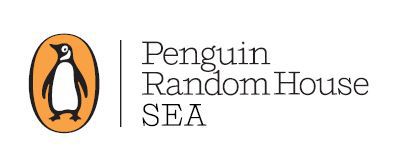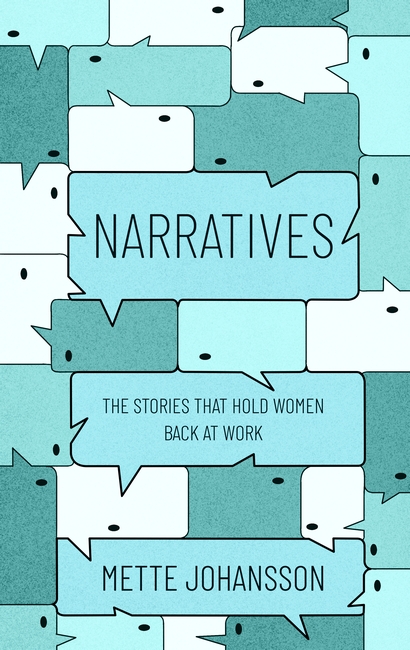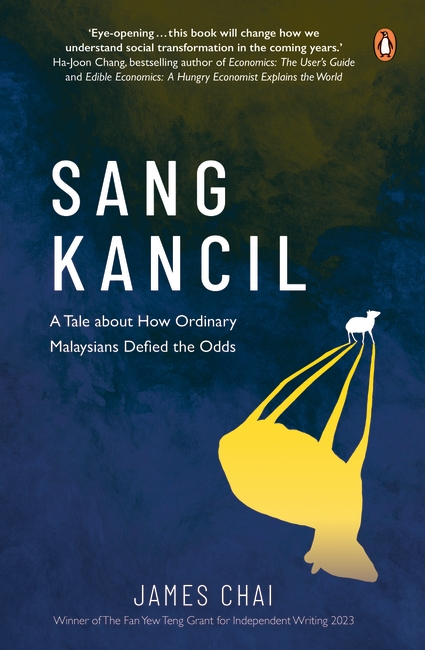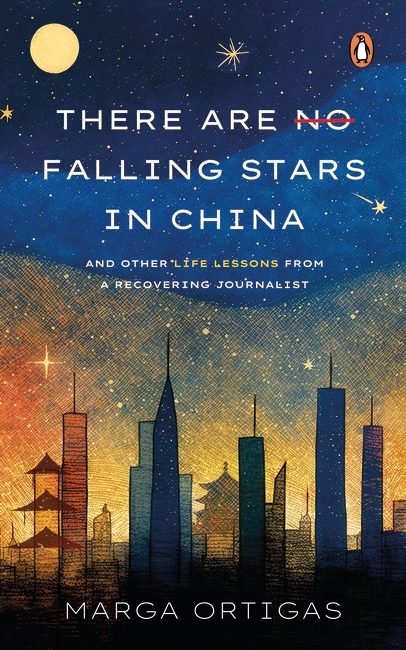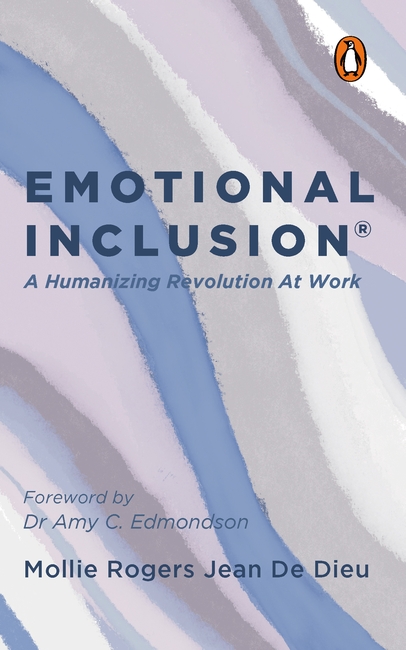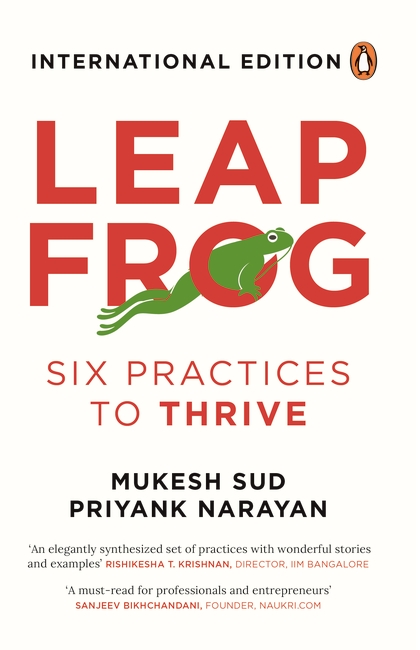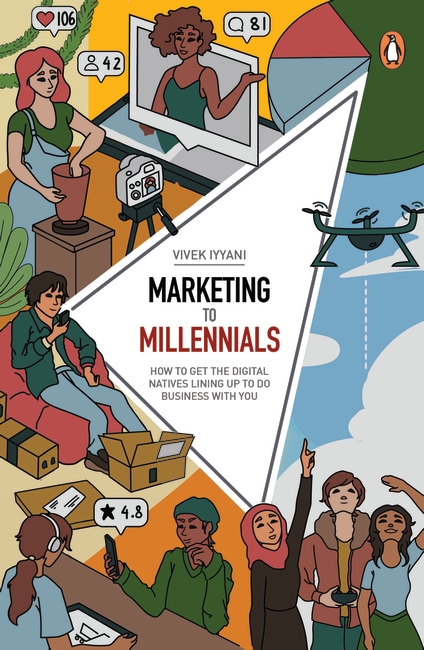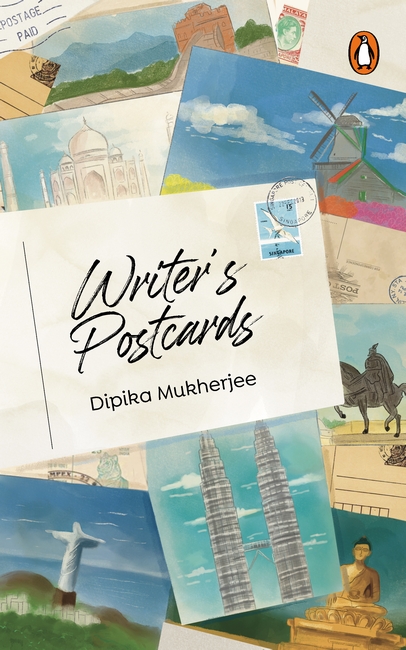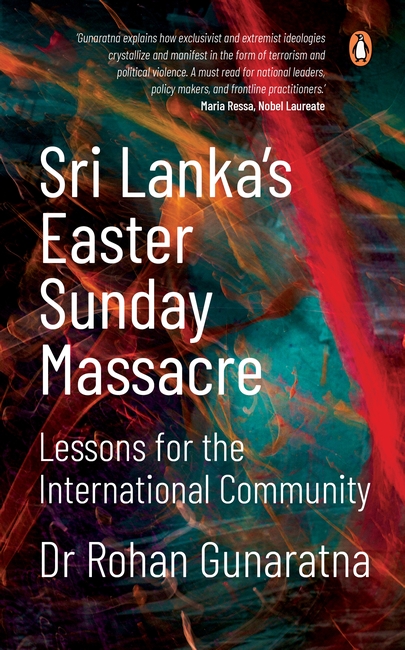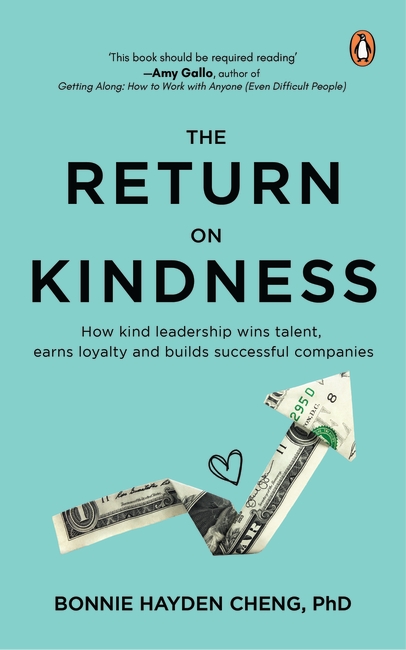
Every organisation has stories about women in the workplace that live on through constant retelling: ‘Women are too emotional’; ‘Women are not interested in a career’; and ‘We are hiring the best person for the job, regardless of gender’. We need to dispel these myths that undermine women and are keeping them on a lesser footing. Here are the tools for doing just that.
Based on thorough research and made highly relevant through dozens of anecdotes from hundreds of hours of interviews, Narratives: The Stories That Hold Women Back At Work will shatter ongoing workplace gender myths. Mette Johansson, in this book, provides context and different perspectives to dispel these myths and offer women-and men-the powerful arguments and tools they need to counteract them and ensure a fairer and more competitive workplace-and a better business overall.
Written in a highly entertaining way, Narratives challenges us to take different perspectives in the gender equity debate.

Ordinary is not as ordinary as you think. History is written by the loudest and most charismatic victors, but are silent about the true movers and shakers: the rebels, the honest servants, the quiet doers, the square pegs in a round hole, and the ordinary believers who kept showing up.
Through seven moving tales of courage, prolific Malaysian writer, James Chai, shows us in his debut book how:
– A frail 70-year-old woman became the face of Malaysia’s largest protest that helped overturn the longest-ruling regime in the world;
– A mother-of-two fought through gender and racial unfairness and became the first Asian woman to win the ‘Nobel Prize for Cancer Research’;
– A middle-aged, middle-level government servant exposed the largest white-collar crime in the world;
– A punk graphic artist persevered through multiple arrests and drew one of the most recognisable activist artworks in the region;
– An indigenous retiree battled powerful governments and corporations to usher in one of the largest environmental victories in Southeast Asia;
– A group of leaderless Sikh organisation saved the lives of thousands in the worst flood in modern Malaysian history; and
– A suburban bottom-of-class student found his way through modern history’s bloodiest wars and won the Pulitzer Prize.
Sang Kancil will force us to reassess what is truly important and remind us of what we are capable of. Filled with research-backed theories, this book is a call-to-action for the underdogs battling our own giants.

In this collection of poignant and uplifting essays, seasoned international journalist Marga Ortigas shares what she’s learned from over two decades of covering conflict, humanitarian crises, and political turmoil. Each chapter explores a different assignment location, taking you up-close as the author reflects on what endures after life’s triumphs and tragedies.
Ortigas’ engaging writing style and wealth of experience will transport you from the war-torn Iraqi desert to the snow-covered steppes of Mongolia, bustling Brazilian beaches, rugged Irish cliffs, and even a pop concert in South Korea, leaving you with a newfound understanding of the human condition.
Heartfelt and humorous, There Are No Falling Stars in China is a must-read for anyone interested in storytelling, global affairs, or simply gaining a richer appreciation of the world we live in. It’s a true gem you won’t want to put down, filled with insight and inspiration that will stay with you long after you’ve turned the final page.

If you have enjoyed and learned from the snippets of my life as a ‘Wais Na Misis’, through my Instagram and Facebook posts, you’ll most certainly get a kick out of the untold stories you’ll find in the pages of this book.
It wasn’t always easy for me, but when life threw me lemons I didn’t dodge or flinch. Instinctively, I caught every piece and turned the bunch into lemonade, lemon meringue pie, lemon-scented hand soap, and home deodorizer, and sold them all! Sometimes, I’d wonder when another lemon would come my way just so I can use it to my advantage again.
You get the picture.
As a mompreneur, I was never given any manual on how to effectively navigate through life. But it somehow knew what it needed to teach me, through experiences and the people around me, at the right moment.
So, here I am paying it forward to you, my fellow wais na misis.
Being wise takes time. It takes a lot of experience and a load of crushing and pruning in order to reach the stage of becoming fine wine that everyone can enjoy.
May this book serve as your bestie; the handy dandy survival guide you’re looking for as you journey into the intimidating yet marvelous world of motherhood and entrepreneurship. Each page is brimming with meaty tips and tricks that I have learned from the best mentor l’ve ever had–LIFE.

When Mollie Rogers Jean De Dieu founded Emotional Inclusion® in the workforce three years ago, she was on a mission to rid emotional unwellness shame and stigma in companies. She realized that companies with Diversity, Equity, and Inclusion platforms spoke of all kinds of inclusion but neglected to tackle emotional inclusion or the act of caring for the emotional realms of individuals in a measurable and sustainable manner. The robotic, productivity-driven, and bustling work culture cultivated over the years morphed what it meant to be ‘human’ and ’emotionally inclusive’ at work. The pandemic has turned the corporate landscape upside down and shed more light on the significance of emotional wellbeing. It has become more apparent now than ever that there is a need for new, evidence-backed, confidential, and medical-based workplace solutions that are more compassionate and considerate of employee wellbeing and welfare.
Part treatise and part deliberation, Emotional Inclusion® takes readers through the core of Mollie’s advocacy. The book, as she writes, seeks to ‘lift the stigma around talking about emotional wellness at work, and make Emotional inclusion the powerful new status quo’ in workplaces present and future. It discusses emotional inclusion’s organizational definition, shares personal stories on the subject, and offers steps that companies and organizations can and should take to create more emotionally inclusive workplaces that have a transformative impact on employees’ emotional wellness and productivity. In doing so, the book looks to champion courage and create an emotional inclusion movement revolution of change-together.

Are maestros born or made?
By making ideas mate, can you create new ones?
How do you develop a mindset that helps you thrive?
Can you nudge yourself into being more productive at work?
Is it possible for you to debunk bullshit from the clutter all around?
…
Find the answers to these questions and several more in Leapfrog
Leapfrog-in the context of thriving at work-is a scenario when a new entrant outperforms others. How do they achieve this? Are high performers born or made? Is there a way to nudge yourself into being more successful at work and also in life? With its six evidence-based insights, this book is poised to help you to advance your career at an incredible pace.
To begin with, the first step is to develop grit along with the ability to embrace boredom. The second practice, leaning on behavioral economics, focusses on nudging yourself to make better choices. The third practice is about being intellectually humble by accepting limits to what you know. The chapter on dancing with disciplines celebrates the magic of ideas colliding to create new ones. In a world full of noise and bullshit, you will need to curate choices to maintain a focus on what is relevant to you. The last practice helps you think like an entrepreneur and develop the ability to ask for what you want.
Based on their extensive experience of teaching and mentoring students, the authors have developed a framework called the Personal Journey Map (PJM), which will help you imbibe and implement the six practices by capturing your current repertoire, scanning the landscape ahead, and curating a path to a career in which you can prosper.

Are you tired of struggling to connect with the largest and most influential generation of consumers? Do you want to learn how to capture the attention of millennials and build lasting brand loyalty? The business world is changing, and it’s all thanks to the impact of millennials-the fastest-growing generation of consumers and trendsetters. If you want to stay ahead of the curve and thrive in this evolving landscape, you need to understand and engage with them. That’s where Marketing to Millennials comes in.
This book is the urgently needed survival guide on how to comprehend and engage with millennials. It’s based on the author’s research, presentations, and consulting work, providing you with the most current and practical insights.
Marketing to Millennials covers everything you need to know about this critical demographic, including who they are, what they value, and how they make purchasing decisions. With this knowledge, you can update your marketing methods to appeal to millennials, the most impactful group of consumer trendsetters.
This is the critical moment for businesses to understand and adapt or become irrelevant to millennials. As this generation reaches management positions, this change is only going to accelerate. You need to be prepared to unlock the powerful potential of this emerging generation, and this book is the definitive manual to help you do just that.
Don’t let the fast-paced and ever-changing marketing landscape intimidate you. This book equips you with the knowledge and tools you need to survive and thrive in the new age of business.

Part travelogue, part memoir, and part commentary, Writer’s Postcards is a collection of essays that examine imagination and culture through the lens of geography. A flaneuse and person of the world, Dipika Mukherjee takes readers through various encounters from her highly mobile life: the lugubrious literature of Brazil; the linguistic diversity in China and Tibet; and meeting the Dalai Lama while travelling as a lone woman through New Delhi. She examines the political unrest in Myanmar after the brief international reach of Burmese books; weighs in on Chicago’s literary landmarks and famous writers; reminisces on the languid feasting of Diwali celebrations at Port Dickson by the Malaysian-Bengali community; and finds new notions of home, identity, and belonging in the Netherlands-among many others.
Thought-provoking and unabashed in its entirety, this is a collection of essays that goes beyond the personal and communal to examine issues of international concern.

Radical Islam is an enduring global challenge that presents a national and international security threat. Instigation by hate preachers, inadequate government, societal attention, religious and reciprocal radicalization have allowed this threat to manifest into terrorist violence. Extremist ideologies have infiltrated religious, educational, and digital spaces and thus, terrorism’s shadow continues to shroud the safety and stability of countries and communities worldwide today.
On 21 April 2019, the world’s most dangerous threat movement, the Islamic State, mounted one of its deadliest attacks in Sri Lanka. The surge of fear, suspicion, and prejudice following what is now known as ‘Sri Lanka’s Easter Sunday Massacre’ fragmented the country, imbuing hatred and anger against the Muslim community. Years later, the radicalization pipeline remains intact, and the threat persists. With the global expansion of the Islamic State and al-Qaeda, will the world witness attacks of a similar or greater scale in the future?
Equal parts treatise and reference material, Sri Lanka’s Easter Sunday Massacre: Lessons for the International Community answers this question by tracing the genesis, threat trajectory, and aftermath of the bombings and the personalities behind them. With unprecedented access to accounts from Islamic State detainees, affected families, intelligence specialists, and investigators, the book reflects on lessons learned and provides insight into how such attacks are organized and what measures can be taken to prevent or respond to these threats effectively.

The world needs leaders who have the strength to be kind. The Return on Kindness challenges companies to set a higher bar and reimagine what great leadership looks like. Kindness isn’t what you think it is. Kind leaders, far from being soft or weak, are caring and tough.
The Return on Kindness makes a compelling, evidence-based case for why kind leadership is good for business and how kind leaders create value through prioritizing the mental health and wellbeing of their people. Bonnie Hayden Cheng, organizational psychologist, researcher, and consultant to Fortune 500 companies, combines extensive research, storytelling, and in-depth interviews with influential executives across a wide range of industries to reveal the transformative power of kindness in driving business success.
The Return on Kindness provides a simple but impactful RISE framework to inspire kind leadership, accompanied by practical touchpoints for successfully implementing kind leadership in organizations.





